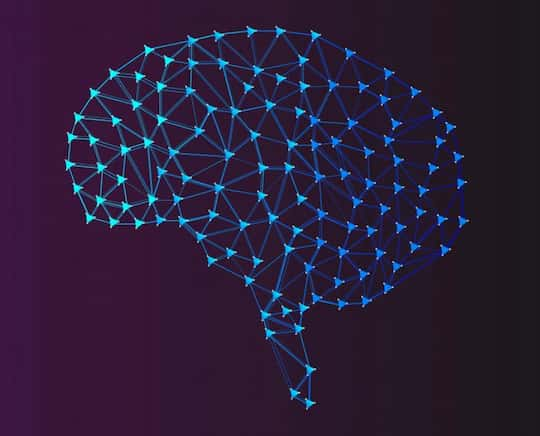Study of suicidal brains suggests that neuroinflammation could play an important role in suicidal thoughts and behaviour.
People experiencing suicidal thoughts have a certain type of inflammation in their brain, research finds.
Microglial cells activate as part of the body’s inflammatory response.
The researchers found that these immune cells were more active in depressed people who were also having suicidal thoughts.
The study suggests that neuroinflammation could play an important role in suicidal thoughts and behaviour.
It may also offer another route to treat this type of depression: through the use of drugs to reduce inflammation.
Dr Peter Talbot, one of the study’s authors, said:
“Our findings are the first results in living depressed patients to suggest that this microglial activation is most prominent in those with suicidal thinking.”
Suicidal brain study
The study involved 14 patients experiencing moderate to severe depression.
The researchers found that activation of the microglial cells was particularly strong in the anterior cingulate cortex.
This part of the brain is known to be involved in mood regulation and depression.
Dr Talbot said:
“The field now has two independent reports — our study and a 2015 report by Setiawan and colleagues in Toronto — showing essentially the same thing: that there is evidence for inflammation, more specifically microglial activation, in the brains of living patients during a major depressive episode.”
Professor John Krystal, the Editor of the journal Biological Psychiatry, said:
“This paper is an important addition to the view that inflammation is a feature of the neurobiology of a subgroup of depressed patients, in this case the group with suicidal ideation.
This observation is particularly important in light of recent evidence supporting a personalized medicine approach to depression, i.e., that anti-inflammatory drugs may have antidepressant effects that are limited to patients with demonstrable inflammation.”
The study was published in the journal Biological Psychiatry (Holmes et al., 2017).

